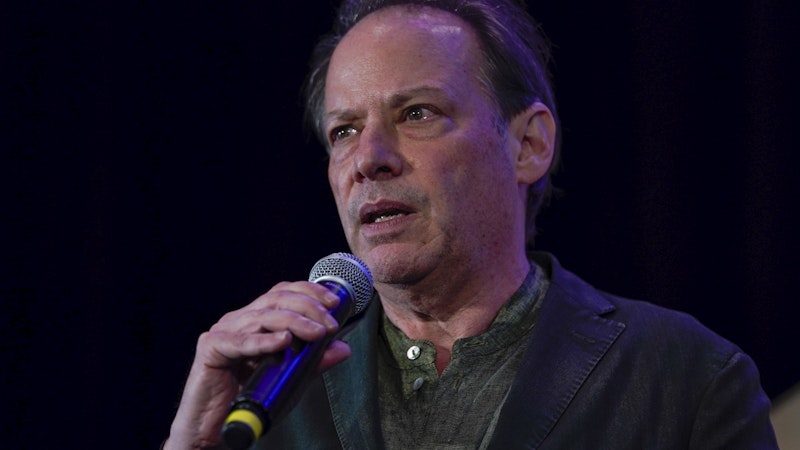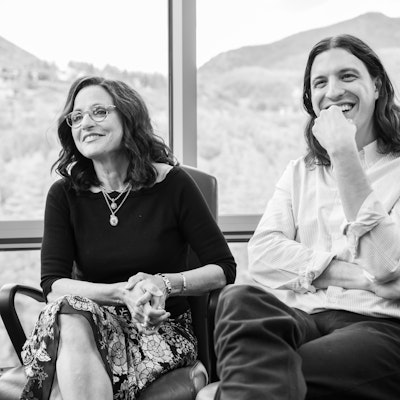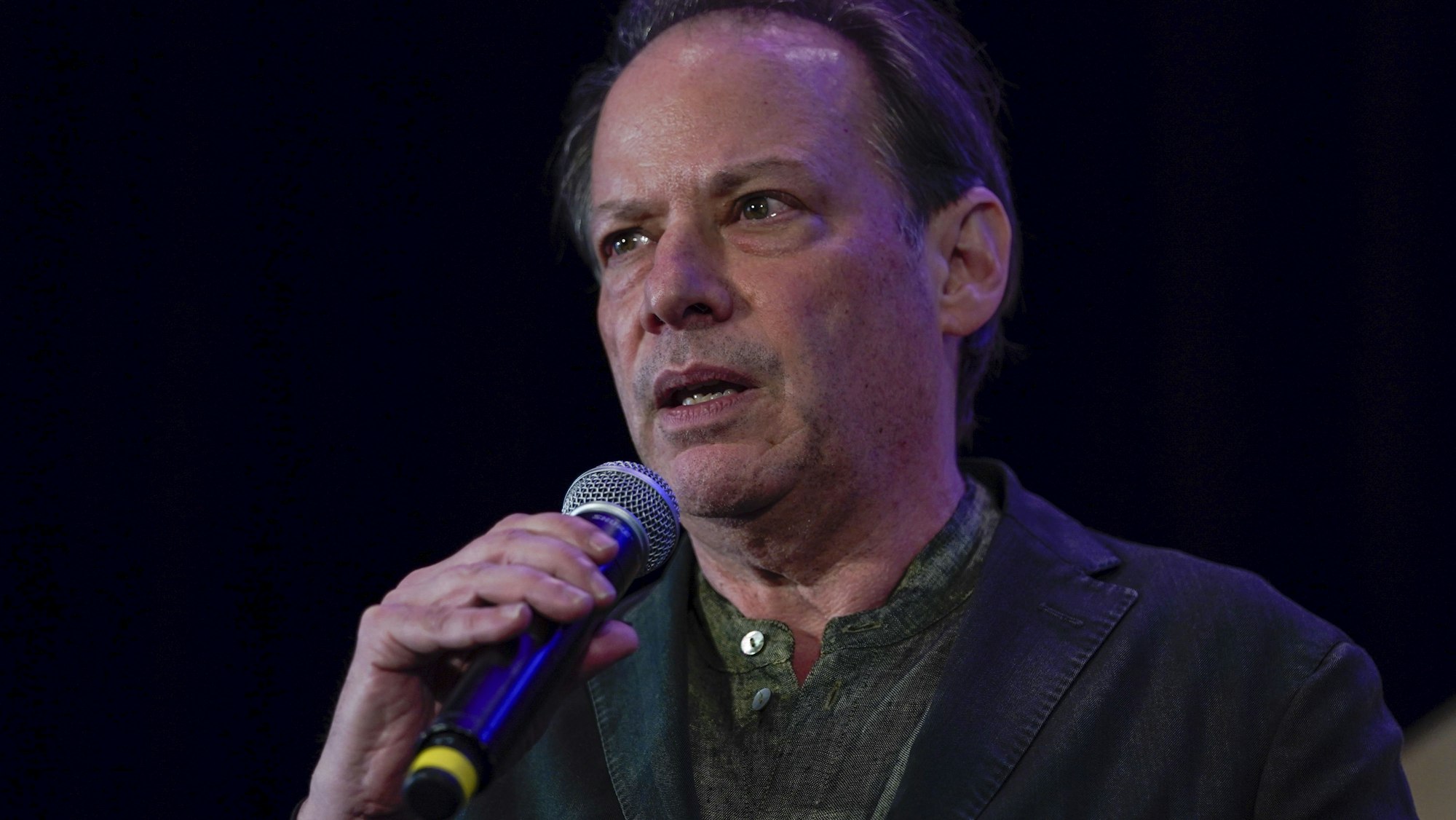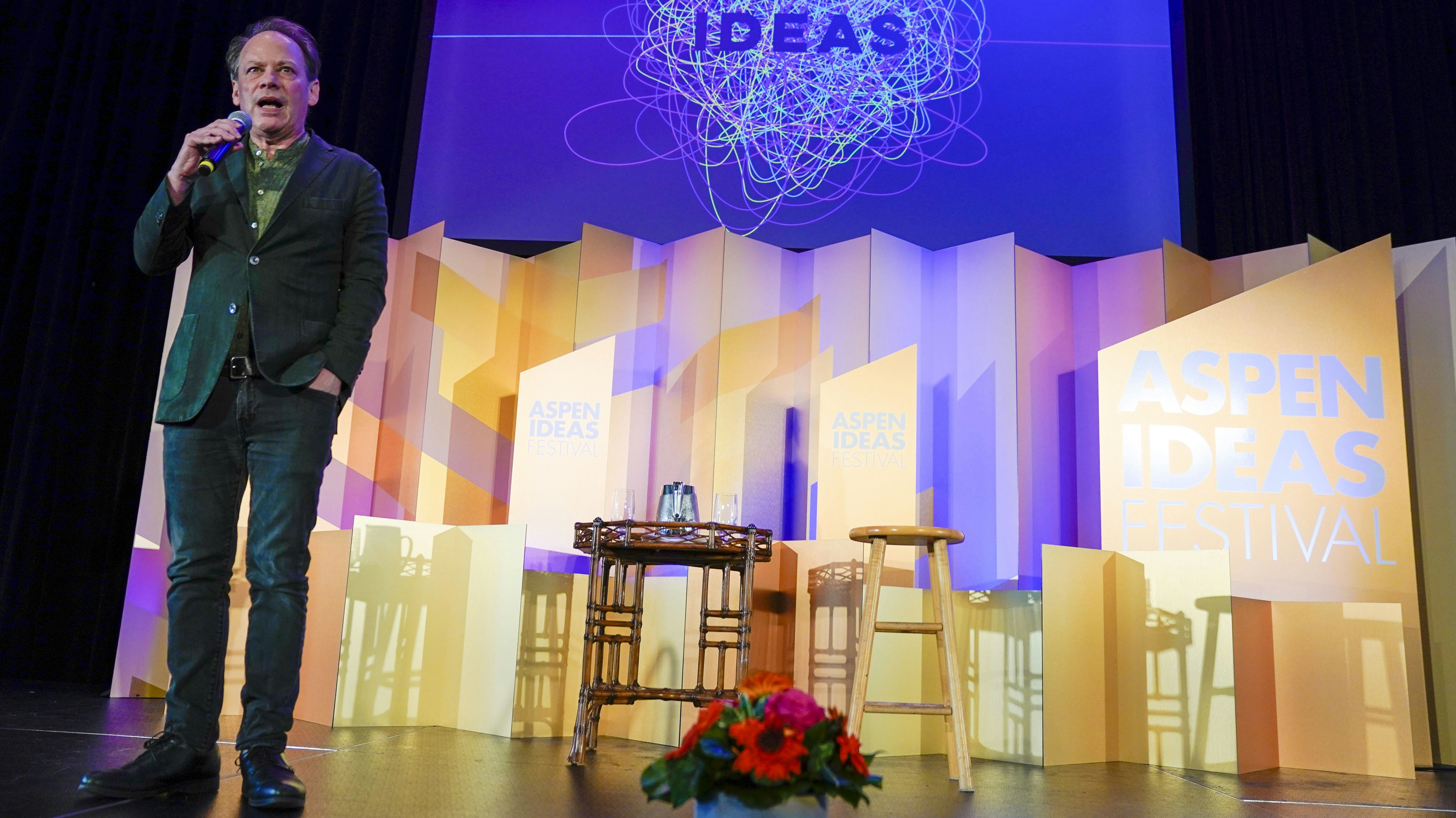

A Thousand Small Sanities
Setup
Where does classical liberalism come from? What comfort and lessons are we to take from our forebearers? In the aftermath of the 2016 election, acclaimed author and essayist Adam Gopnik traced the moral and philosophical trajectory of liberalism as a way to contextualize the election for his daughter. Gopnik takes the audience on a tour of the great places and people who crafted and furthered the liberal vision. From the Mills and Middlemarch to the Civil Rights Movement, Gopnik tells intertwining stories of the great thinkers of modern liberalism with an eye on coping with our present.
The Mills: nobody wins unless everybody wins
John Stuart Mill gained a reputation during his life and after as a champion of social equality and free speech, across race and gender — a truly radical proposition during the 1800s. But Harriet Taylor Mill, John Stuart’s wife and a brilliant thinker who has gone largely unrecognized as such, was the force pushing John Stuart’s unprecedented feminism:
Together, the Mills crafted a theory of classical liberalism that leans headlong into the inherent conflict between expanding freedoms and total equality. That’s not to say the Mills solved the conflict, since US society in the 21st century is still trying to decide whether freedom should include the freedom to discriminate. But the Mills embraced a compromising vision of classical liberalism that Gopnik compares to tightrope walking: balancing on the rope and walking forward are mutually necessary, not in conflict.
Big Idea[The Mills] saw the project of liberalism to be able to keep in balance the demands of individual liberty of the most absolute kind and the dream of social equality of the most radically egalitarian sort.Adam Gopnik
Adam Smith: capitalism’s forgotten roots
We’ve forgotten what capitalism used to be all about, says Adam Gopnik. Modern capitalism promotes a sort of cutthroat individualism, but Gopnik says that’s not what capitalist thinkers like Adam Smith ever intended. Ironically, Gopnik explains that Smith thought free markets could only flourish in a strong, socially cohesive society with powerful institutions.
Did you know?
“It isn’t that markets make men and women free,” explains Gopnik, “it’s that free men and women are able to move towards markets.” Smith claimed that free markets are weaker without strong social institutions supporting a free and fair society, a sentiment Gopnik says has largely been lost over time.
Evans and Lewes: Middlemarch and a sewer
While Mary Anne Evans was writing Middlemarch under the name George Eliot, her husband George Henry Lewes was helping to build London’s first sewer system. Adam Gopnik explains how these two projects, despite having little else in common, represent a particular strain of liberalism:
Evans and Lewes subscribed to a kind of incremental liberalism of process; that is, all of society doesn’t need to change all at once. London’s sewer was an undeniable improvement, but it didn’t upend society. Evans’ Middlemarch shows how transformation happens over time, in small ways. Evans and Lewes embodied a pragmatic liberalism that marches with a stubborn steadiness towards social progress.
Frederick Douglass: the rebel statesman
Frederick Douglass, to Adam Gopnik, is the greatest of all Americans. Despite being a victim of the country’s’ gravest sin, slavery, Douglass sought a theory of social change that embraced the very institutions that forced him into chattel slavery in the first place. He was a fierce constitutionalist who spent his life trying to reform the document’s flaws, not destroy it because of them:
It wasn’t easy for Douglass to choose this route. Firebrands like John Brown were pushing violence over governance, and many questioned why Douglass would participate in a system so obviously designed to exclude him. Douglass saw that there was hope in process, and he made it his life’s work to reform the system from the inside out.
Learn More
Additional Information
Resources
A Thousand Small Sanities: The Moral Adventure of Liberalism by Adam Gopnik
Explore More
Society


Being a parent today is full of stress, pressure and information overload. Experts offering advice are everywhere, and for some parents, the wealth of available resources can...

Capitalism has delivered prosperity for many, but not for all. Disparities according to gender, race, and geography have left millions behind, while rising concentrations of w...


The quest for work-life balance is never ending for many of us. The advice in this talk from the 2023 Aspen Ideas Festival still holds a lot of relevance, so we’re bringing it...


Julia Louis-Dreyfus has kept us laughing for years in her roles as Elaine Benes in “Seinfeld” and Selina Meyer in “Veep.” But her most recent work has her shifting from comedy...


Living as a trans person in America comes with its share of challenges, which are sometimes even life-threatening. But some say it can also open up access to incredible freedo...


It’s a tough time to try and express the complexity of life honestly. Writer Chimamanda Ngozi Adichie doesn’t shy away from truth-telling and believes we should all step up an...

Global conflicts and health crises have put into stark relief deeply-ingrained gender roles in society. Yet the past years have also seen record-high numbers of women running...


Creativity is as intrinsic to our species as any of our basic instincts, says Debbie Millman, designer and curator. But for millions of people in the United States, the abilit...


The entertainment industry has had to pivot and refresh time and again to adapt to constant changes in format, business models and attention spans. Somehow, producer Brian Gra...

The people in our lives shape who we are. But great relationships don’t just happen — they take care, intention, and ongoing effort. How do you know when to let go, adjust exp...


Advances in medicine and healthy living mean that more and more people will live to be 100. But just because their bodies can last doesn’t mean their bank accounts will keep u...


In the early days of cable television, there wasn’t a single network aimed at Black audiences. Sheila Johnson and her husband at the time saw an opening, and put all their hop...

Of course, Black history shouldn’t just be a month-long nod on our yearly calendar — it is inextricable from American history and fundamental to the very soul of our nation an...


Owning a professional sports team is not for the faint of heart. Results are volatile and wins and losses come with the strong emotions of a city’s fan base. But it’s a sound...


Looking around and experiencing the suffering and injustice in the world can make it difficult to believe that happiness exists. But the Judeo-Christian tradition teaches that...


Millions of children across America don’t have art classes in school and don’t grow up going to art museums and galleries. They might be hours away from the closest museum, or...


This episode is from the 2022 Aspen Ideas Festival, but we’re bringing it back because it’s still as relevant as ever. Though it can sometimes feel like conflict and discord i...


Sir Ken Robinson believed that as a society, we tragically underestimate and underutilize human ability. We create linear systems for our minds modeled on industry and manufac...


Young people in America are struggling. The causes are varied and may not be entirely clear, but the results are unfortunately unmistakable. Many of our youth feel lonely, iso...


Many more Americans are struggling to survive and make ends meet than is typically portrayed in the media and public policy debates. And when poverty is depicted, harmful and...











